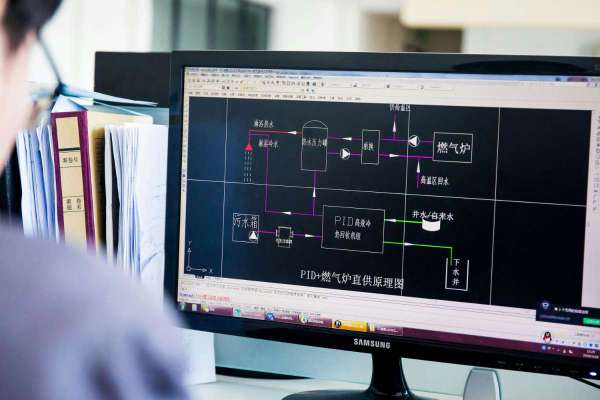
Brain-Computer Interfaces: The Frontier of Human-Computer Interaction
4 min read
16 Sep 2025
Brain-computer interfaces (BCIs) represent a revolutionary technology that enables direct communication between the brain and external devices. By translating neural signals into commands, BCIs offer new possibilities for assisting individuals with disabilities, enhancing virtual reality experiences, and advancing research in neuroscience and cognitive computing.
Understanding Brain-Computer Interfaces
A brain-computer interface is a direct communication pathway between the brain and an external device, bypassing traditional input methods such as keyboards or touchscreens. BCIs interpret neural activity and translate it into actionable commands, enabling users to control devices or applications with their thoughts.
Applications in Healthcare and Accessibility
BCIs have transformative applications in healthcare, allowing paralyzed individuals to communicate and control assistive devices through thought alone. They also aid in neurorehabilitation by enabling patients to regain motor function through neural feedback and stimulation.
Enhancing Virtual Reality and Gaming
In virtual reality (VR) and gaming, BCIs offer immersive experiences by detecting and responding to users' cognitive states in real-time. BCIs can adjust VR environments based on users' emotions or intentions, creating personalized and responsive interactions.
Advancements in Neurotechnology
Advancements in neurotechnology, including electrode arrays, non-invasive sensors, and machine learning algorithms, enhance the accuracy and reliability of BCIs. These innovations enable more precise neural signal detection, improving the usability and effectiveness of BCIs across various applications.
Challenges and Considerations
Despite their potential, BCIs face challenges such as signal noise, calibration requirements, and ethical considerations surrounding privacy and cognitive enhancement. Addressing these challenges requires interdisciplinary collaboration, rigorous testing, and ethical guidelines for BCI development and deployment.
Future Directions and Innovations
Looking ahead, BCIs are poised for further advancements with innovations in miniaturization, wireless connectivity, and adaptive algorithms. Future BCIs may integrate with AI systems to enhance cognitive abilities or facilitate brain-to-brain communication, opening new frontiers in human-computer interaction.
Ethical and Societal Implications
As BCIs evolve, ethical considerations regarding autonomy, consent, and cognitive augmentation become increasingly important. Establishing ethical frameworks and regulatory standards is essential to ensure responsible development and equitable access to BCI technology.
Conclusion
In conclusion, brain-computer interfaces represent a transformative technology with profound implications for healthcare, accessibility, entertainment, and beyond. As research and development progress, BCIs hold the potential to revolutionize human-computer interaction, offering new ways for individuals to interact with and control technology through neural signals.
BCIs are not just a futuristic concept but a tangible innovation that is reshaping how we perceive and interact with digital and physical worlds.

The AR Breakthrough That Will Make Blockchain Transactions Simpler Than Ever!
7 min read | 11 Oct 2025
How AI Is Making Blockchain Smarter and Safer – The Inside Scoop!
7 min read | 10 Oct 2025
The Big Tech Twist: How VR Is Set to Disrupt Blockchain Like Never Before!
6 min read | 09 Oct 2025
Unlocking the Power of AR: How Augmented Reality Is Set to Revolutionize Blockchain!
6 min read | 08 Oct 2025More Articles

AI and Robotics: The Synergy of Intelligent Machines
4 min read | 19 Sep 2025

AI in Mental Health: Virtual Therapists and Predictive Diagnostics
4 min read | 18 Sep 2025

Machine Learning in Supply Chain Management: Optimization and Efficiency
4 min read | 17 Sep 2025

AI in Marketing: Targeted Advertising and Customer Insights
7 min read | 16 Sep 2025
More Articles

The Secret to Effective Data Governance Revealed!
4 min read | 26 Jul 2025

Unlock the Power of Business Intelligence (BI) – The Ultimate Guide
7 min read | 25 Jul 2025

Data Lakes vs. Data Warehouses: Which One Do You Really Need?
5 min read | 24 Jul 2025

10 Incredible Benefits of Cloud Storage You Didn't Know About
4 min read | 23 Jul 2025
